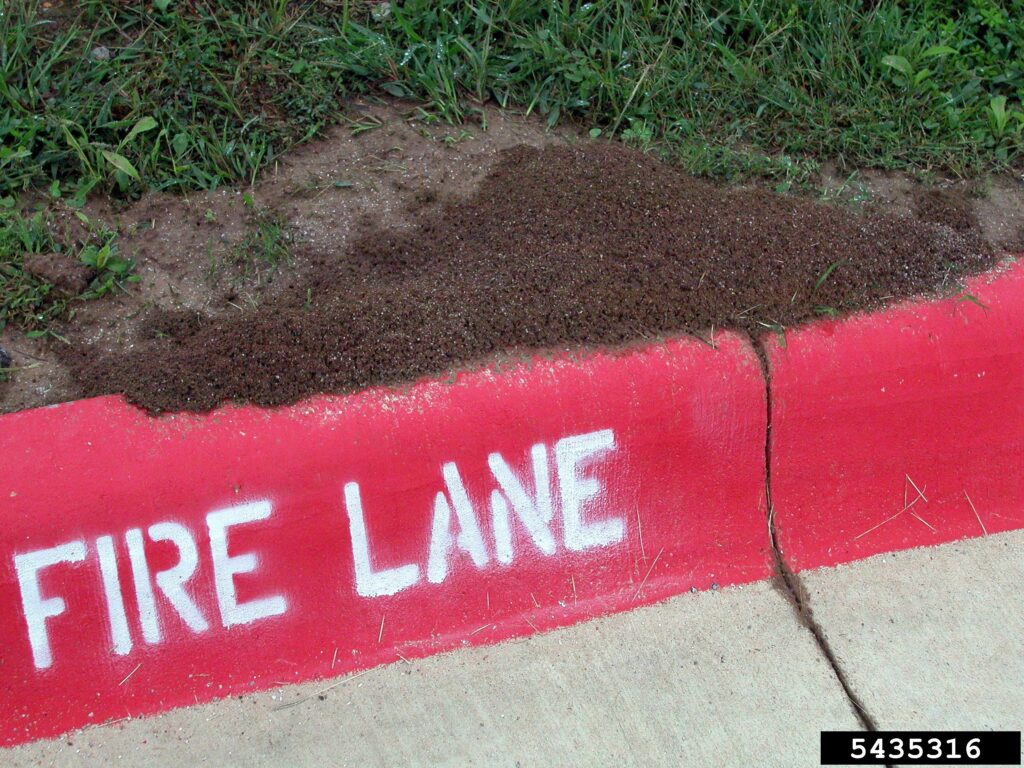Your Questions, Answered by Extension!
go.ncsu.edu/readext?1090348
en Español / em Português
El inglés es el idioma de control de esta página. En la medida en que haya algún conflicto entre la traducción al inglés y la traducción, el inglés prevalece.
Al hacer clic en el enlace de traducción se activa un servicio de traducción gratuito para convertir la página al español. Al igual que con cualquier traducción por Internet, la conversión no es sensible al contexto y puede que no traduzca el texto en su significado original. NC State Extension no garantiza la exactitud del texto traducido. Por favor, tenga en cuenta que algunas aplicaciones y/o servicios pueden no funcionar como se espera cuando se traducen.
Português
Inglês é o idioma de controle desta página. Na medida que haja algum conflito entre o texto original em Inglês e a tradução, o Inglês prevalece.
Ao clicar no link de tradução, um serviço gratuito de tradução será ativado para converter a página para o Português. Como em qualquer tradução pela internet, a conversão não é sensivel ao contexto e pode não ocorrer a tradução para o significado orginal. O serviço de Extensão da Carolina do Norte (NC State Extension) não garante a exatidão do texto traduzido. Por favor, observe que algumas funções ou serviços podem não funcionar como esperado após a tradução.
English
English is the controlling language of this page. To the extent there is any conflict between the English text and the translation, English controls.
Clicking on the translation link activates a free translation service to convert the page to Spanish. As with any Internet translation, the conversion is not context-sensitive and may not translate the text to its original meaning. NC State Extension does not guarantee the accuracy of the translated text. Please note that some applications and/or services may not function as expected when translated.
Collapse ▲I would like to share several questions received at the Caldwell Extension Center this week, along with their respective answers, which I believe will be of interest to readers.
Q: How can I control fire ants without harming my chickens?
A: Fire ant baits are great for controlling fire ants. Typically, I recommend fire ant baits because they are inexpensive, effective, and easy to apply. However, baits and backyard chickens are not a good combination. Chickens or other backyard foul should not be allowed access to areas where fire ant baits have been applied.

Red imported fire ants are easy to recognize by their mound building habit. – Credit: Jake Farnum, Bugwood.org
If excluding poultry from the treatment area is not feasible, I recommend using Conserve SC. The active ingredient in Conserve SC is spinosad, a compound derived from a naturally occurring soil bacterium. This product is applied as a mound drench when treating fire ant colonies. Always read and follow the pesticide label instructions carefully.
Q: What can I use to control watershield in my pond?
A: Watershield, an emergent aquatic weed, is highly susceptible to aquatic formulations of 2,4-D. To minimize the risk of fish kills, treat only one-quarter of the pond at a time. Fish kills may occur due to oxygen depletion as decomposing vegetation consumes dissolved oxygen in the water.

Watersheild looks like a small water lily. – Credit: Rob Routledge, Sault College, Bugwood.org
Ensure you read and follow the label instructions for the specific 2,4-D formulation used. The label will list specific restrictions about fishing, swimming, livestock watering, and irrigation. Different formulations have varying restrictions.
Q: How can I control clover in my yard?
A: White clover is a common weed that thrives in closely mowed and under-fertilized lawns. To promote a healthy, vigorous turf that can outcompete clover, fertilize your lawn at recommended rates and mow at the appropriate height. For tall fescue lawns, maintain a mowing height of 3.5 to 4 inches and fertilize in February, September, and late October.
A soil test can identify and address underlying fertility issues that may contribute to the problem. We recommend conducting a soil test every three years.
If needed, herbicides containing the active ingredients fluroxypyr, triclopyr, or quinclorac are effective against white clover. Common trade names for these herbicides include Confront, Escalade 2, and Q4 Plus.

White clover can be a weed in home lawns, but it can also be a source of nectar and pollen for bee species. Credit: Danesha Carley, NC State University, Bugwood.org
Always read and follow the label instructions for proper application and safety.
If you have agriculture or horticulture questions, call the Caldwell County Extension Center at 828-757-1290 or visit us online any time at //caldwell.ces.ncsu.edu.
— Seth Nagy is the N.C. Cooperative Extension, Caldwell County Center Extension Director.
The N.C. Cooperative Extension, Caldwell County Center, 120 Hospital Ave.,
#1 in Lenoir, provides access to resources of N.C. State University
and N.C. A&T State University through educational programs and
publications. Staff can be reached in person or online.




